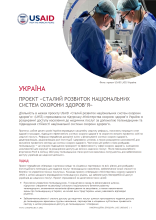Learning and knowledge sharing are fundamental to the LHSS Project. We invite you to search LHSS knowledge products and resources for the latest approaches, insights, and learning in the field of integrated health systems strengthening.
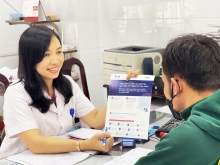
Clients at an HIV clinic in Vietnam are finally having their viral load tests reimbursed, thanks to some multisectoral problem-solving facilitated by LHSS.
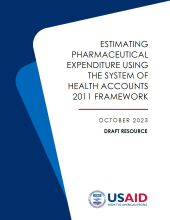
LHSS partnered with colleagues working as part of the USAID MTaPS project to document a practical approach that countries can use to track pharmaceutical expenditure (PE) using the System of Health Accounts (SHA) 2011 framework. This resource contributes to efforts by the World Health Organization to develop global guidance on tracking of PE.
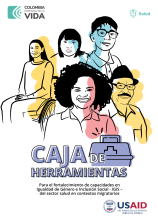
This toolkit provides Colombia’s territorial entities with the tools they need to tackle stigma and unconscious bias within the health sector in order to strengthen their capacity to provide equitable health care services to all members of the population, particularly in high migration settings.
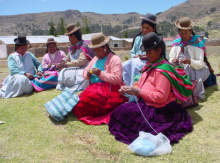
LHSS grants help nontraditional partners play a larger role in strengthening Peru’s health system.
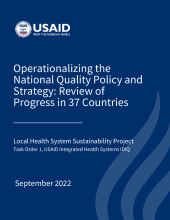
LHSS conducted a study of 37 countries to provide a better understanding of the strengths, opportunities, and gaps in the structures governing the provision of quality health services.
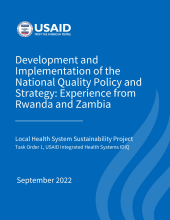
This report details case studies from Rwanda and Zambia which offer unique insights into the operationalization of National Quality Policies and Strategy (NQPS) within broader governance and quality of care reforms.
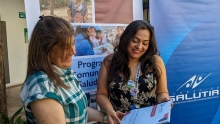
To strengthen institutional capacities in the Mandatory Health Quality Assurance System of the Ministry of Health of Cúcuta, the Communidades Saludables of USAID and the Fundación Salutia delivered the Health Quality Management Model with its technological tool TGUÍA – IV.
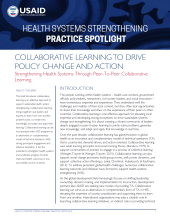
This brief introduces collaborative learning as an effective approach to support sustainable health system strengthening. Collaborative learning brings together local leaders and experts to learn from one another, problem-solve, co-create new knowledge, and adapt and apply their learning.
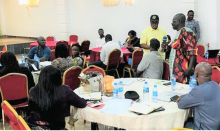
Agencies that rarely communicated joined hands last year to make sure poor and vulnerable residents are identified for assistance programs.
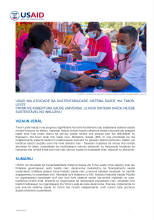
USAID nia Atividade ba Sustentabilidade Sistema Saúde iha Timor-Leste nia objetivu mak atu fortalese governasaun setor saúde, dezenvolve mekanismu ba finansiamentu saúde ida ne’ebe sustentável, fortalese jestaun forsa traballu saúde, promove hahalok saudavel, no mobiliza sosiedade sivil.
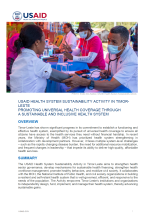
The USAID Health System Sustainability Activity in Timor-Leste aims to strengthen health sector governance, develop mechanisms for sustainable health financing, strengthen health workforce management, promote healthy behaviors, and mobilize civil society.
Stakeholders describe how they work with local municipalities to build healthy communities for all migrants.
Local leaders share valuable perspectives on migration and the role of a robust health systems in enhancing equitable access to quality health care for everyone.
Key stakeholders in Barranquilla, Colombia provide valuable insights on the importance of quality health care for migrants and their families.

